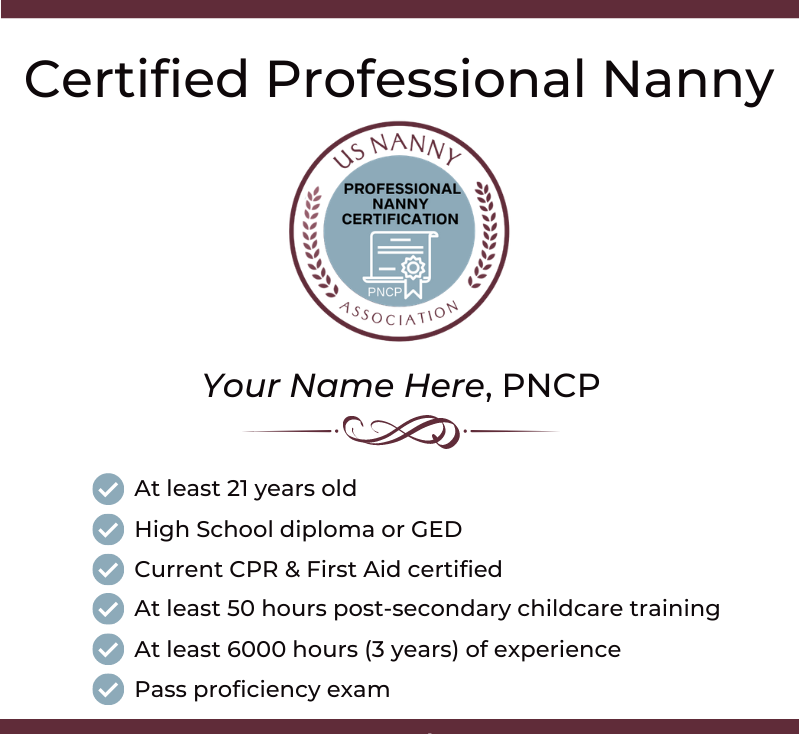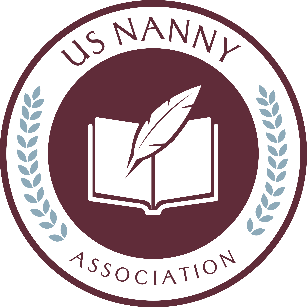Nannying is a unique profession that often blurs the lines between personal and professional boundaries. Nannies work intimately with families, forming close bonds with the children they care for while maintaining professional responsibilities. The ethics of nannying are critical to ensuring a healthy and respectful working relationship. This article explores how nannies can maintain professional integrity while navigating the complexities of personal relationships in the household.
Why Professional Boundaries Matter
Professional integrity in nannying involves maintaining clear boundaries between the personal and professional aspects of the job. Nannies often become integral parts of the family, which can lead to challenges in setting limits around responsibilities, confidentiality, and personal involvement. According to The Journal of Professional Ethics, one of the key issues nannies face is balancing the emotional connection with children while upholding their professional duties. Setting boundaries from the start helps prevent misunderstandings and ensures that both parties are aligned in their expectations.
Establishing Ethical Guidelines
Nannies should establish ethical guidelines early in their employment, ideally through a clear written contract that outlines job responsibilities, working hours, and expectations for behavior. Confidentiality is another cornerstone of ethical caregiving. Nannies are often privy to private family information, making it essential to maintain discretion and never share details outside the household. Transparency and honesty are also key elements of ethical behavior. Nannies should communicate openly with employers about any concerns, from pay discrepancies to disagreements over child-rearing practices, ensuring that both sides can address issues constructively.
Handling Ethical Dilemmas
Even with clear boundaries in place, ethical dilemmas may arise. For instance, nannies may be asked to perform tasks outside their job description, such as running personal errands for the family. In these situations, it’s important to evaluate the request based on the terms of the contract and communicate assertively about any concerns. If the employer expects the nanny to handle discipline differently than they’re comfortable with, it’s essential to have an open conversation to align on expectations while respecting the family’s values.
Conclusion
Nannying is a deeply personal profession, but maintaining ethical standards is essential for building trust and respect between the nanny and the family. By establishing clear boundaries, maintaining confidentiality, and addressing ethical dilemmas professionally, nannies can ensure that they navigate the complexities of the role with integrity.
References:
- Journal of Professional Ethics. (2017). “Ethical Dilemmas in Childcare.“
- Brennan, S. (2012). The Ethics of Care: Feminist and Interdisciplinary Perspectives.

We want to thank all the nannies, advocates and business leaders who provide practical tips and insight to elevate our industry. Thank you for sharing your expertise.
The US Nanny Association issues the highest certification requirements in our industry as they require training, work experience, passing an industry exam, a background check and current CPR and First Aid:
- Certified Nanny
- Certified Newborn and Infant Professional
- Certified Professional Nanny
We want to thank all the nannies, advocates and business leaders who provide practical tips and insight to elevate our industry. Thank you for sharing your expertise.
